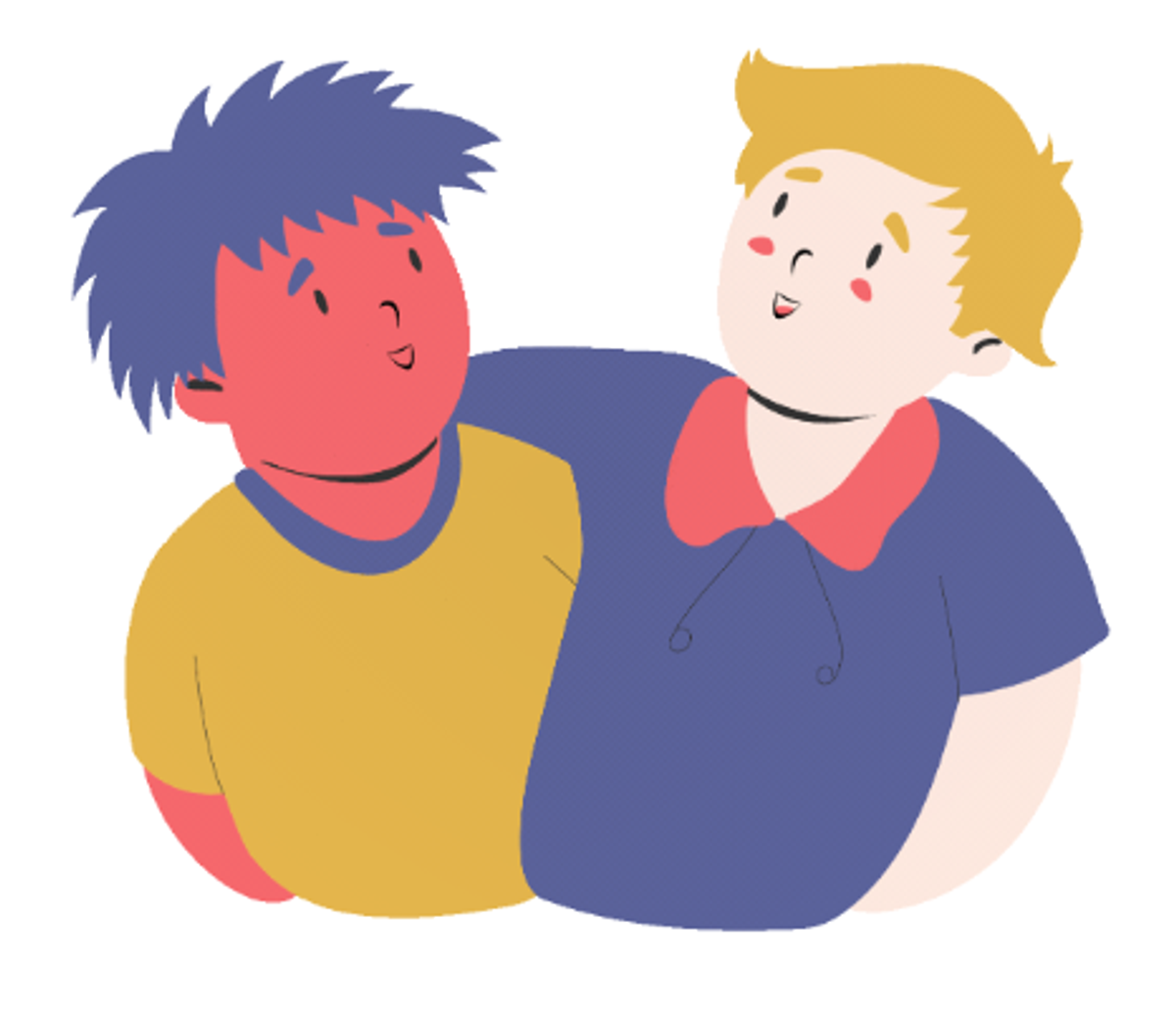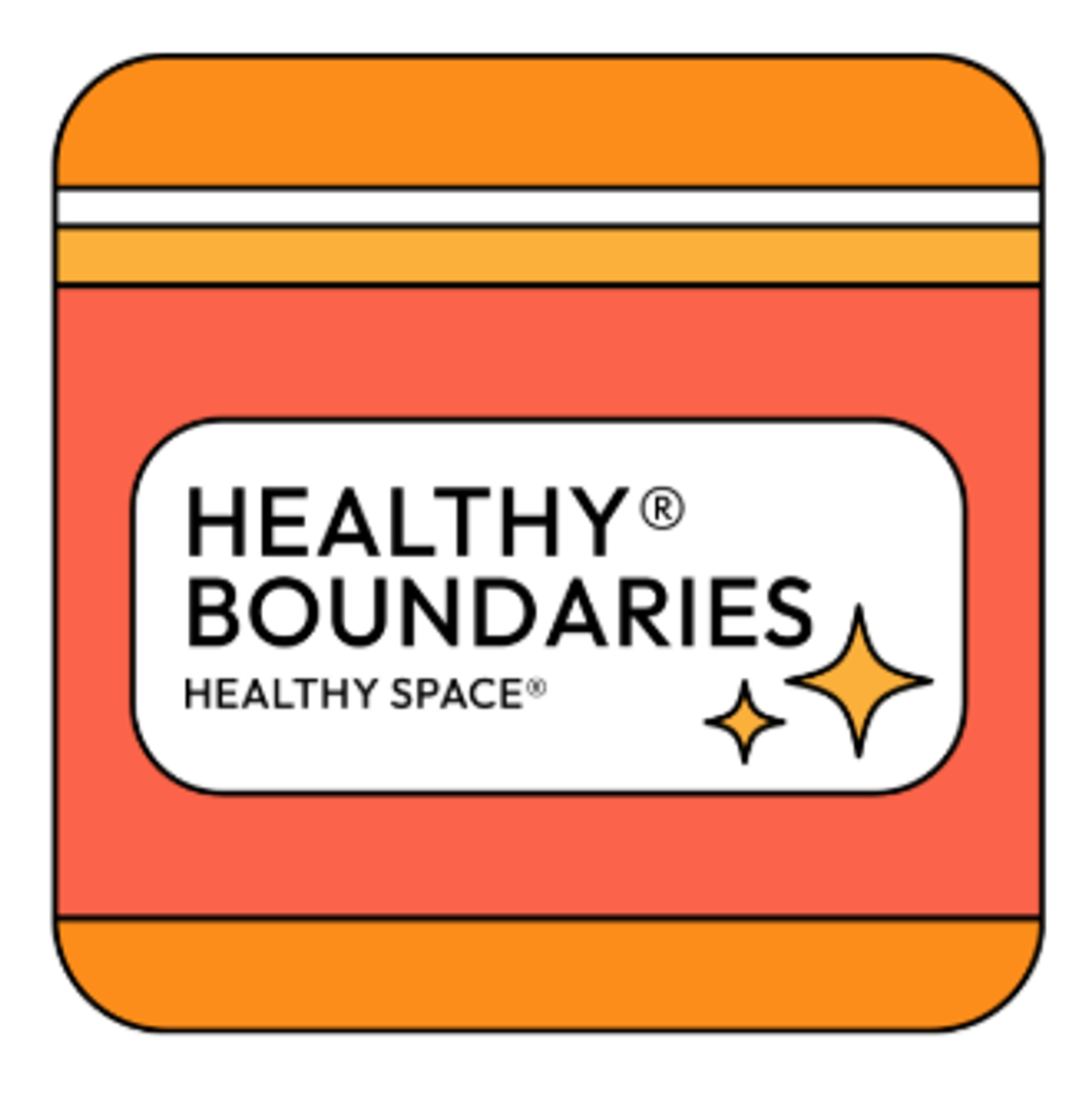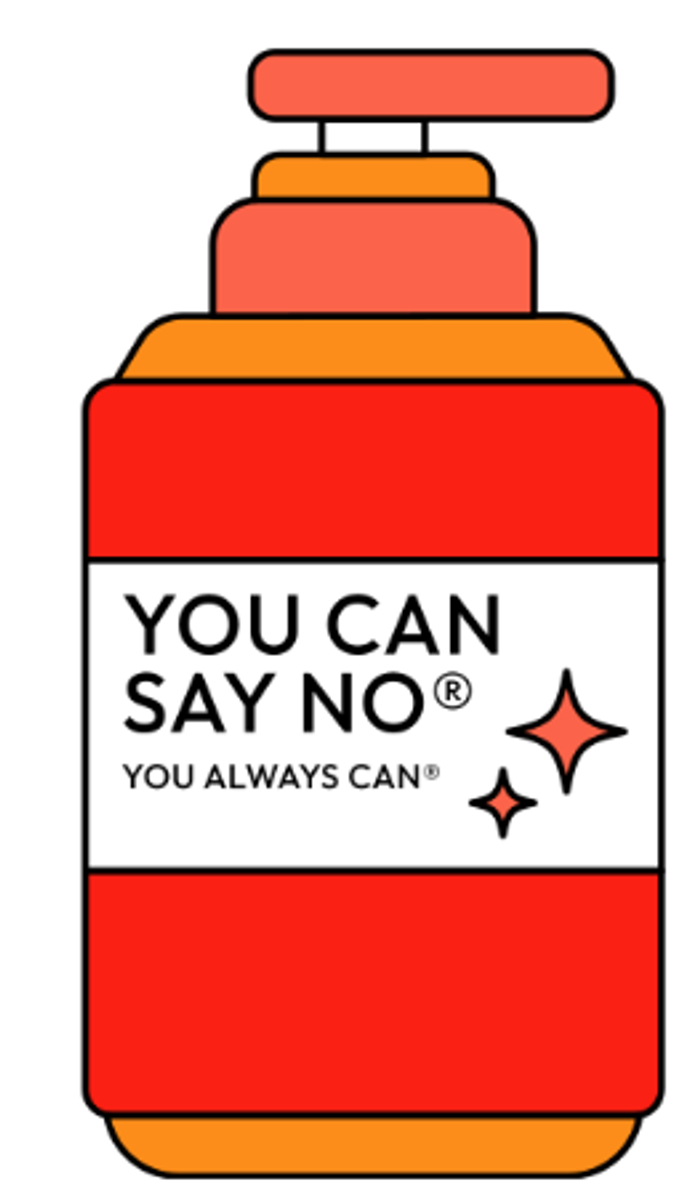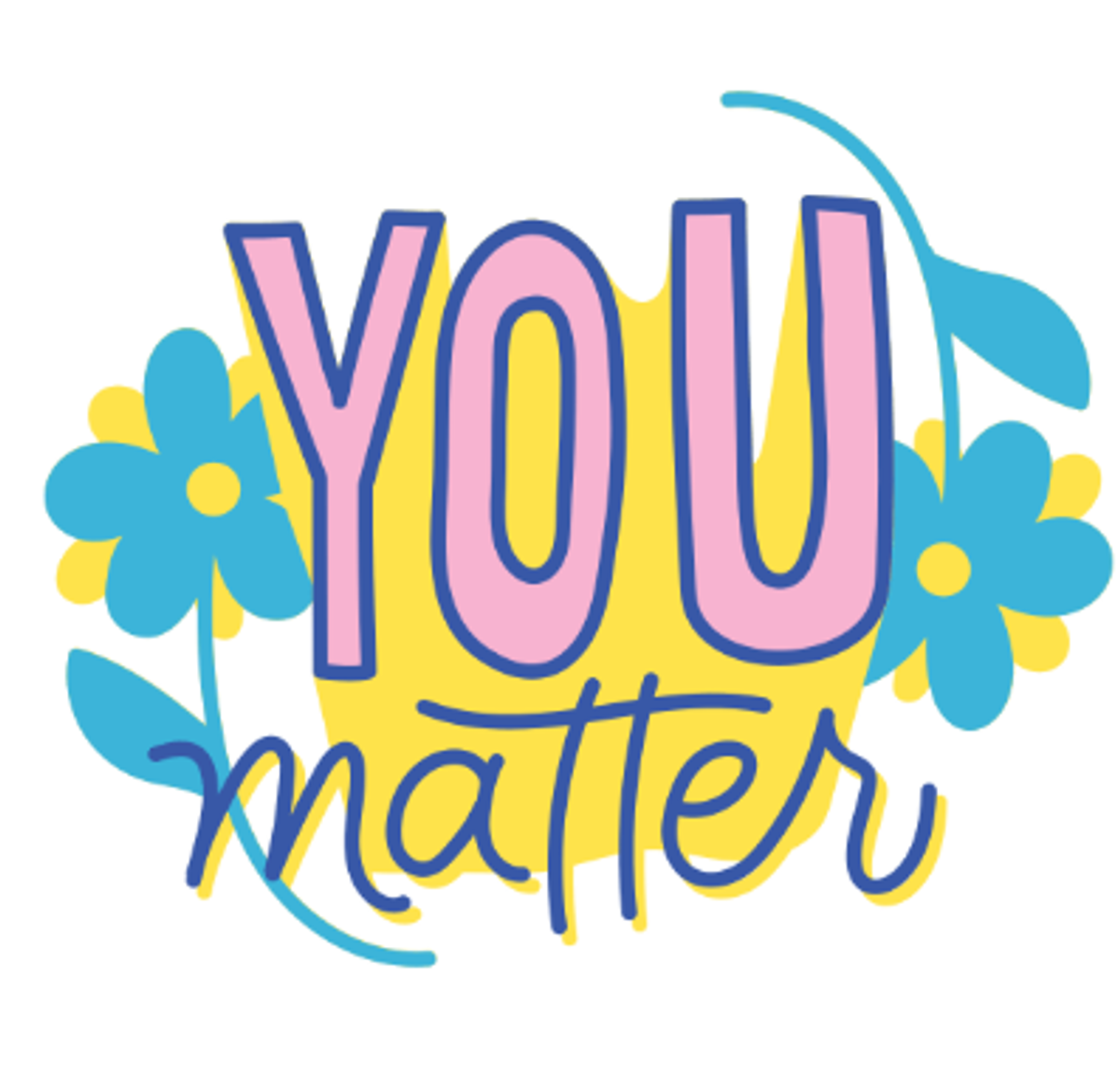Student Services
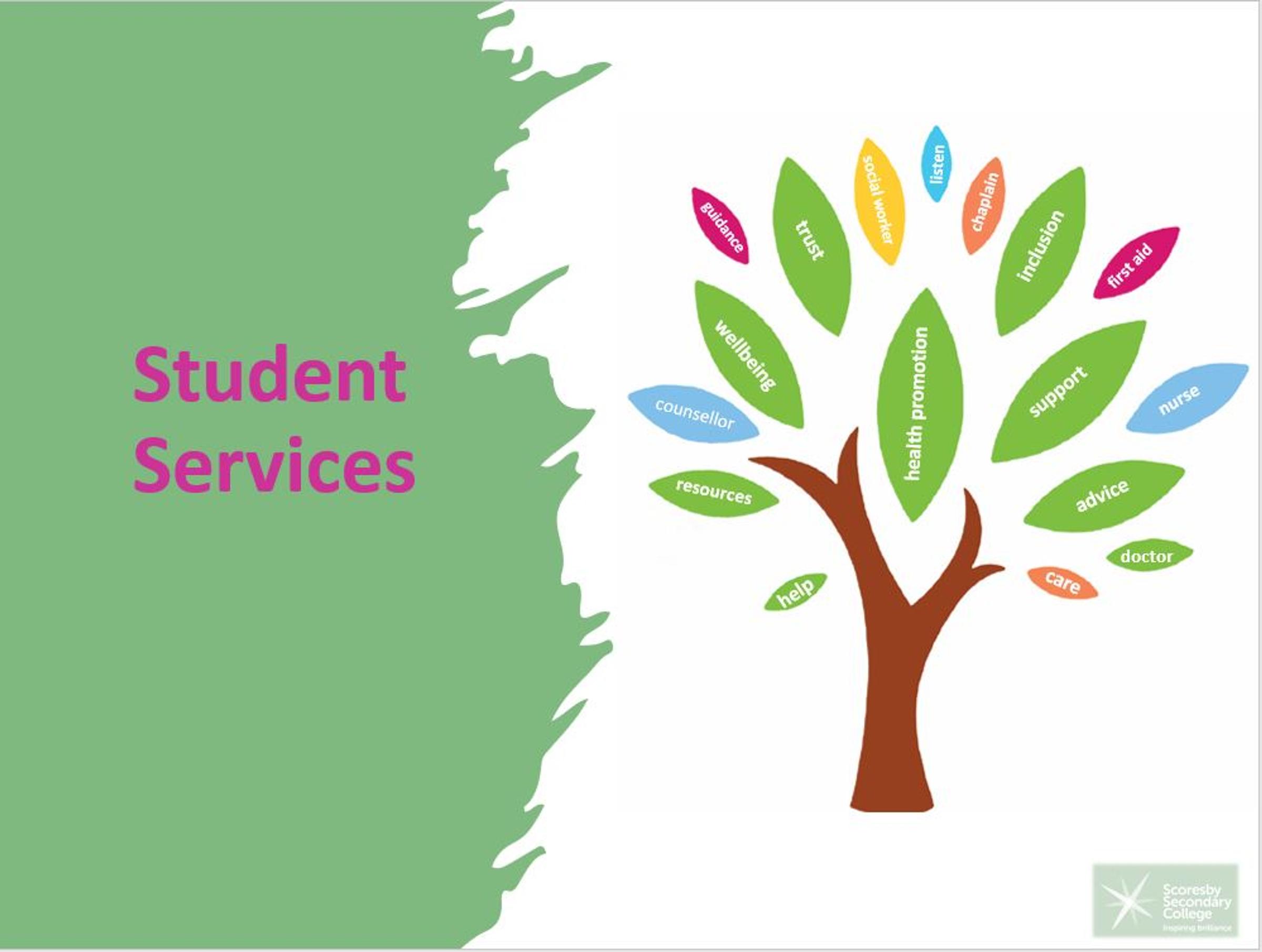
Support Services
With the school holidays approaching, it’s important to remember that support is always available.
If you’re feeling worried, overwhelmed, or just need someone to talk to, help is available 24/7— even during the school holiday break.
Support Services available
Kids Helpline – Free, confidential support for young people aged 4–25
📞 1800 55 1800 (Available 24/7)💬 Webchat: kidshelpline.com.au
Lifeline – 24/7 crisis support & suicide prevention for people of all ages
📞 13 11 14💬 Webchat: lifeline.org.au
CYMHS (Child and Youth Mental Health Service) – A free service for children, adolescents, and young people up to 25 years old, their families, and carers. CYMHS provides a range of support and treatment for complex and severe emotional or behavioural difficulties.
📞 Contact your local CYMHS service on 1300 721 927.
You are never alone—support is here when you need it.
Private Practitioner Program:
Scoresby Secondary College continues to offer a Private Counselling service Program. This program is designed to address the psychological and emotional needs of young people through psychological support.
The program is accessed by a referral from a General Practitioner through a Mental Health Care Plan or by referral from a Paediatrician or Psychiatrist.
Individuals may be eligible for up to ten individual sessions per calendar year (up to eighteen in exceptional circumstances). This service will be bulk billed by the counsellor so there will be no cost to young people, their families or the school.
A young person may be eligible for support from the Counsellor if they have problems which significantly impact on their emotions, thoughts, social skills and decision making.
This includes students who may be experiencing difficulties because:
- They have trouble making and keeping friends
- They are being bullied
- They are depressed or excessively anxious
- They have unresolved issues with grief or loss
- They have behaviour problems such as difficulty managing their anger
- They have been identified with Attention Deficit Disorder
Doctors in Secondary Schools (DiSS) program
Scoresby Secondary School run the Doctors in Secondary Schools (DiSS) program.
This program provides youth-friendly primary healthcare services within our school community.
The DISS clinic is run on Thursdays whereby we have onsite a General Practitioner (GP) and Practice Nurse (PN). If you would like to make an appointment for your child, please contact Tahlia in the wellbeing Team.
Parental Concern
If you are concerned about your child’s mental health and you suspect they are thinking about suicide:
Tell them what you have noticed – share your concern
- Ask them directly if they are thinking about suicide
- Listen to their pain – what’s on their mind and why it matters so much to them
- Provide personal support that helps keep them safe
- Seek further help – from family and friends, from people who care, from a local GP, a counsellor, psychologist, or the Emergency Department of your local hospital
- For anytime, twenty-four seven, during the school holiday break you are also able to contact the Kids Help Line on 1800 55 1800 for any issues or concerns.
- Kids Help Line 1800 51 1800 Beyond Blue – www.beyondblue.org.au
Crisis and Assessment Triage Service ph. 1300 558 862
State Schools Relief
- States Schools Relief can assist families with selected school uniform items.
- Families with a Health Care Card are eligible for assistance (will need to complete a CSEF form, available from the General Office).
- State Schools Relief assists with the costs of two/three pieces of the school uniform.
- State Schools Relief can assist eligible students once per year.
- Please See the Wellbeing Team or General Office to lodge your State School Relief voucher
- Wellbeing or General Office will provide you with your voucher / uniform items, you can then take this voucher to the uniform shop and pay the difference in cost
- Wellbeing or General Office will notify you when voucher has been received
- Go to uniform shop to collect your uniform
Friendship & Boundaries
Building Healthy Relationships at School
Friendships are one of the most important parts of school life. They give us support, fun, and a sense of belonging. But not all friendships are easy — and not all of them are healthy. Learning how to set boundaries is key to building relationships that are respectful and positive for everyone involved.
A healthy friendship is one where you feel safe, supported, and able to be yourself. There’s mutual respect, trust, and understanding. You should never feel like you have to change who you are or put up with things that make you uncomfortable just to keep a friendship going.
Setting boundaries in friendships doesn’t mean being mean or pushing people away — it means respecting your own needs and limits while still caring about the other person. Some examples might include:
- Saying no to something you’re not comfortable with.
- Asking for space when you need time to yourself.
- Letting a friend know when something they did upset you.
- Not feeling pressured to reply instantly to messages or be available 24/7.
Healthy boundaries create space for friendships to grow in a way that’s balanced and respectful. And they go both ways — it’s important to respect your friends’ boundaries, too.
Sometimes, friendships change or even end, and that’s okay. Not every relationship lasts forever, and growing apart doesn’t mean you’ve failed. What matters most is surrounding yourself with people who lift you up and support your wellbeing.
Mrs Tahlia Pastor
Ms Alicia Alpuim
Wellbeing Team
Vaping in Young People
While smoking cigarettes looks to have lost its appeal with most Australian teenagers, the popularity of vaping continues to grow. E-cigarettes or ‘vapes’ are battery-powered devices that hold cartridges of nicotine or non-nicotine liquids. These liquids also contain artificial flavourings and various other chemicals. The liquid is heated into a vapour and inhaled into the lungs. Despite the need for a doctor’s prescription to purchase e-cigarettes containing nicotine, 11 per cent of Australians aged 14 and over admit to having tried vaping at least once. Marketed as a less harmful alternative to cigarettes, the long term health effects of e-cigarettes are yet to be determined. Early studies suggest vaping can harm adolescent brain development and lead to tobacco use and dependence later in life.
So as a parent what can you to do to inform your kids about the risks of vaping?
- Lead by example and don’t use e-cigarettes, especially around children.
- Equip yourself with accurate and current information about vaping and have an open discussion about the risks with your teen. Focus on how you care about them and want them to be healthy. Be honest, avoid exaggerated statements.
- Time your conversations for when you’re both calm and not distracted. For example, while driving or sharing a meal.
- Stay calm and never assume or judge. If you suspect your teen is vaping, avoid searching their belongings as this could undermine trust. Instead, reassure them that they can always talk to you.
- The Lung Foundation Australia has an excellent resource sheet that has been developed with young Australians in mind to show the facts, raise the issues, and provide advice on vaping and how to take action when it comes to the risks. (See attachment provided called Unveil what you Inhale.
Reference: Alcohol and drug foundation.
adf.org.au
Mrs Jo Morkham
DISS Nurse

